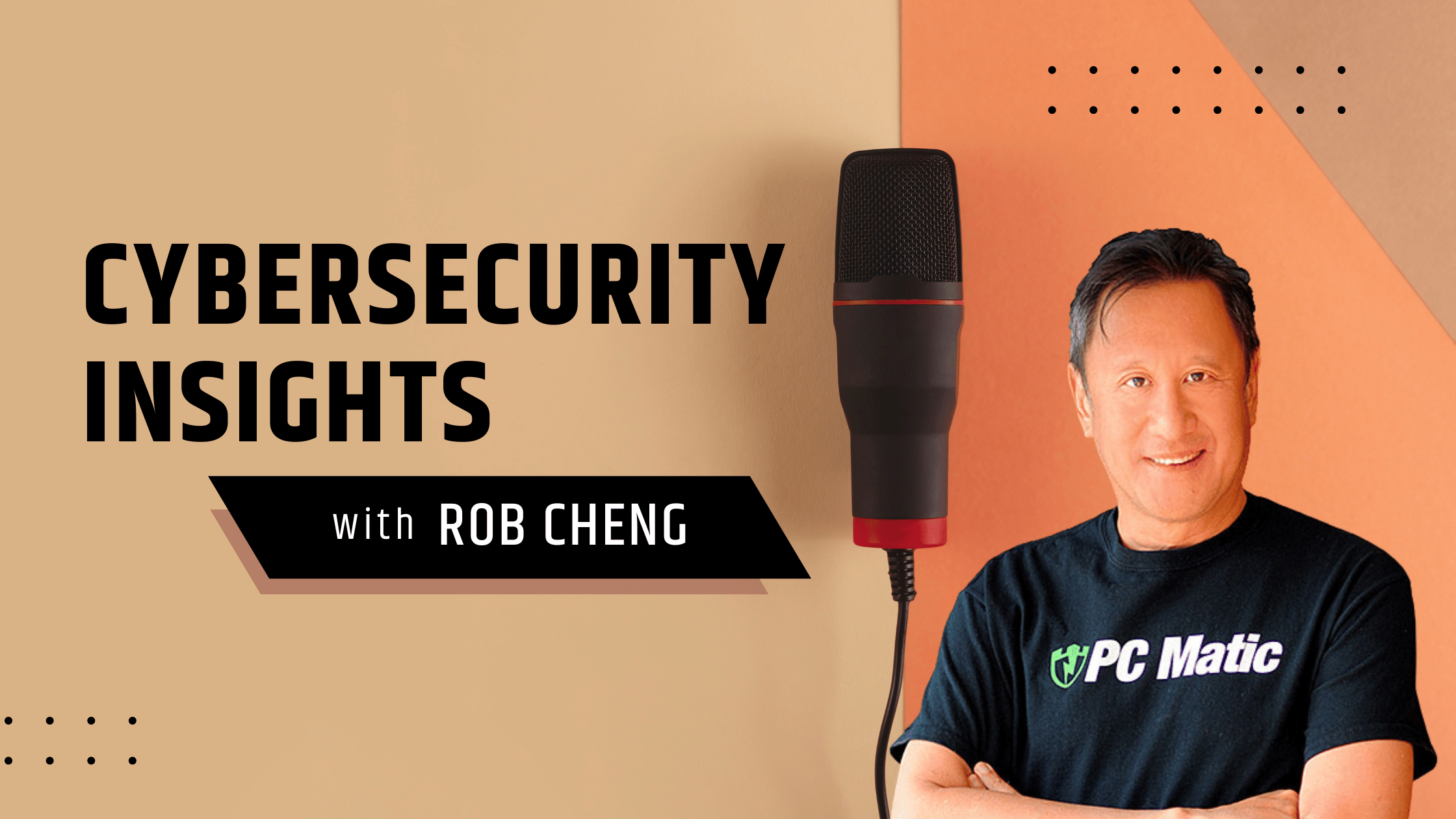In a recent and enlightening discussion, retired FBI Special Agent Scott Augenbaum and active duty police officer Marc Evans shared their extensive experiences and insights on cybersecurity, fraud detection, and the evolving landscape of cybercrime. This conversation dives deep into the realities of modern law enforcement and the critical role technology plays in committing and combating cybercrime.
Meeting the Experts
Scott Augenbaum:
Scott, a retired FBI Special Agent and author of “The Secret to Cybersecurity,” brings a wealth of knowledge from his career. He emphasizes the importance of a “cyber secure mindset” and has created training programs to help individuals and organizations protect themselves from cyber threats.
Marc Evans:
Mark, an active-duty fraud detective and Founder of Fraud Hero has dedicated his career to fighting various forms of fraud, including money laundering, embezzlement, and credit card fraud. With over a decade in law enforcement, Marc’s expertise lies in identifying and preventing fraud through comprehensive training and outreach programs.
The Intersection of Fraud and Technology
Scott and Marc begin by discussing the prevalence of technology in fraud. According to Marc, almost all fraud cases he encounters involve some form of technology, whether it’s through computers, phones, or other devices. This technological aspect makes him the go-to “cyber guy” in his office, responsible for handling complex cases that others might shy away from.
Marc’s journey into law enforcement was fueled by a desire to give back to the community and his passion for solving puzzles. Starting as a corrections officer, he worked his way up to becoming a fraud detective. His path highlights the dedication required to specialize in this field, unlike the FBI, where agents are assigned various roles before specializing.
Local vs. Federal: A Comparative Insight
The conversation reveals intriguing contrasts between local and federal law enforcement approaches. Scott reflects on his time at the FBI, where a $10,000 threshold was set for the U.S. Attorney’s office to consider a case. Today, the threshold is significantly higher, and resource limitations mean many significant cases, like a $2 million cryptocurrency scam, often go unaddressed.
Marc points out that while many cybercrime perpetrators are overseas, local networks of fraudsters are becoming more prevalent. He notes that social engineering scams, where individuals are tricked into handing over money or sensitive information are increasingly common. These scams often involve sophisticated techniques, such as deepfake voices or AI-generated calls to impersonate trusted figures within organizations.
Preventing Social Engineering Scams
A significant portion of Marc’s work involves dealing with social engineering scams. He explains that these scams often trick employees into delivering cash or sensitive information, believing they are following legitimate instructions from higher-ups. Marc stresses that proper training and a culture of trust within organizations can prevent these scams. Employees should feel empowered to question suspicious requests without fear of repercussions.
Scott and Marc agree that continuous and comprehensive training is essential. A one-time training session or an annual video is not enough. Regular updates and practical exercises help ensure that employees stay vigilant and aware of the latest tactics used by fraudsters.
The Reality of Resource Constraints
Scott shares his frustration with the resource constraints faced by law enforcement agencies. Despite the significant impact of cybercrime, there are often insufficient resources to tackle every case. This limitation forces agencies to prioritize, leaving many victims without recourse. Marc adds that while local law enforcement deals directly with the immediate effects of these crimes, the broader networks often remain beyond their reach due to international borders and sophisticated cyber tactics.
The Importance of a Cyber Secure Mindset
Both Scott and Marc emphasize the need for a proactive approach to cybersecurity. Organizations and individuals must adopt a mindset that prioritizes security in every action. This approach involves regular training, updating security protocols, and fostering an environment where employees can report suspicious activities without fear.
Final Thoughts
This conversation between Scott Augenbaum and Marc Evans provides valuable insights into the challenges and strategies in modern cybersecurity. Their experiences highlight the evolving nature of cybercrime and the critical need for continuous education and resource allocation in law enforcement.
For those interested in learning more about the intricacies of cybersecurity and fraud prevention, watching the full replay of Scott and Marc’s conversation is highly recommended. Their firsthand experiences and practical advice offer a deeper understanding of staying secure in an increasingly digital world.
Stay informed and stay secure. Watch the full replay of this engaging conversation here.




